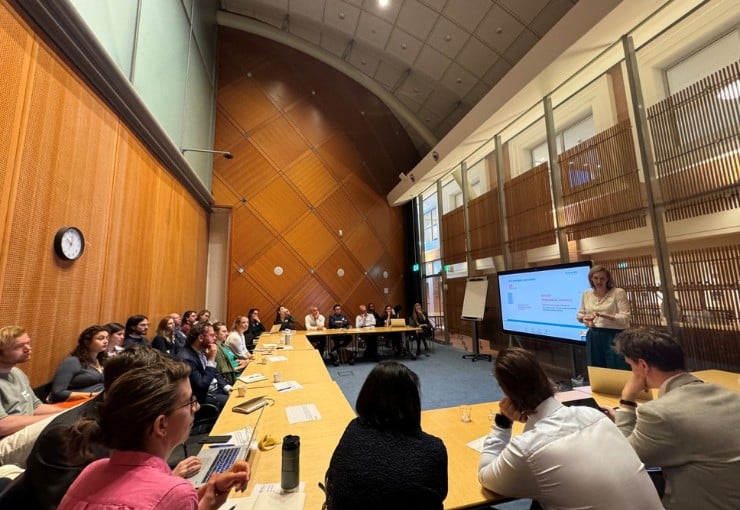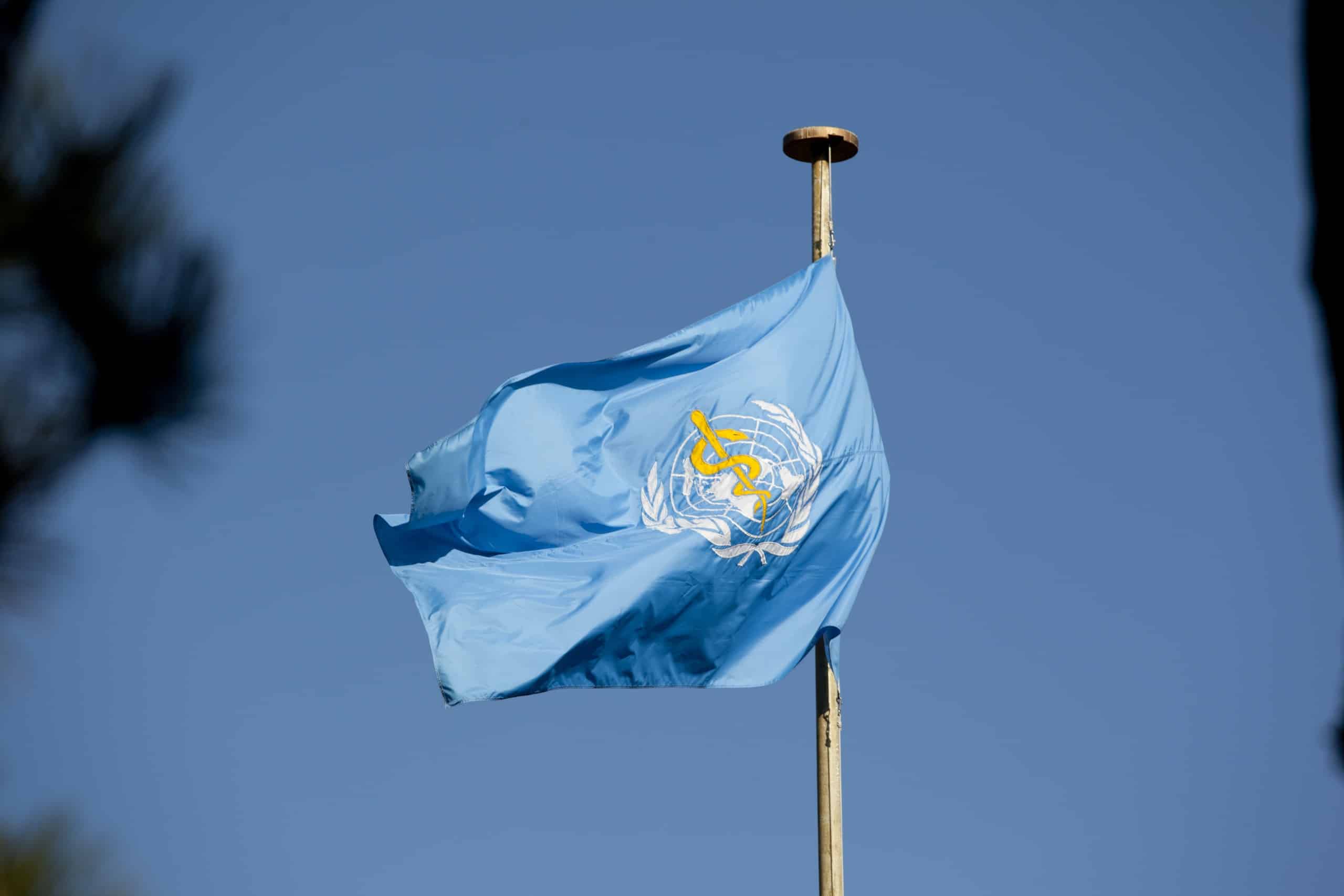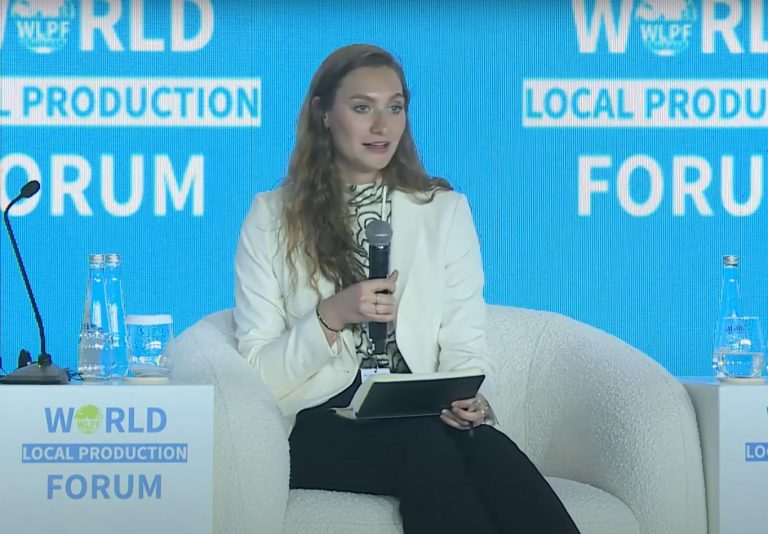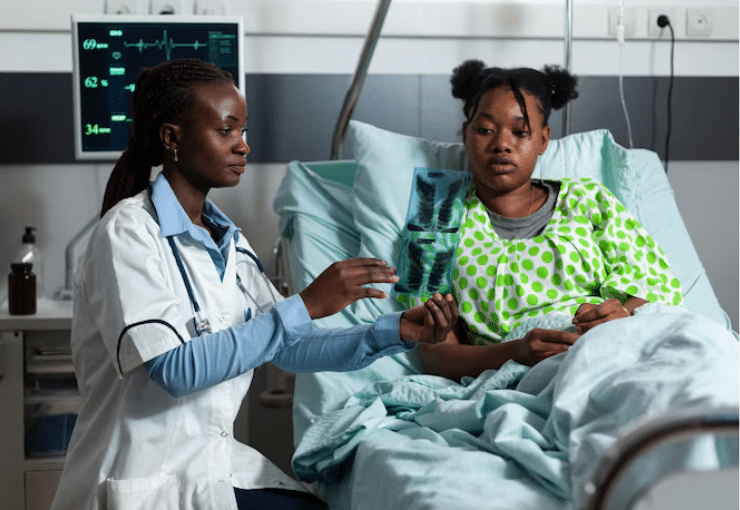On 30th October 2023, the Intergovernmental Negotiating Body (INB), responsible for drafting and negotiating a WHO Pandemic Accord, released the latest proposal for the negotiating text. Wemos has a mixed assessment regarding health workforce, access to medicines and financing. In this article, we outline our recommendations that WHO member states should consider in the next negotiations.
For an effective Pandemic Accord to improve global cooperation on pandemic prevention, preparedness and response (PPPR), health systems must be strengthened through equitable access to medicines, sustaining a skilled workforce and adequate financing. We welcome the inclusion of some key provisions for achieving global, equitable access to medical products and the salience of a strong and sustainable health and care workforce. Nevertheless, for medicines, the basis of the draft text remains too vague and on a voluntary basis. While, for health workforces, the text needs to greater emphasize member states’ shared responsibility to ensure an equal availability of health workers. In terms of financing, which is crucial to ensuring effective and equitable PPPR, we observe an inadequate response. The draft fails to tackle the root causes of financial constraints, such as debt, tax and illicit financial flows, that hamper the ability of countries to invest in PPPR. We noted some of these observations in a previous assessment of the zero draft and gave textual suggestions to improve the accord.
Strengthening the health workforce
The proposal for the negotiating text of the WHO Pandemic Accord acknowledges the crucial importance of strengthening and sustaining a skilled and competent health and care workforce, including the need to address its gender disparities and inequalities. We hope to see this maintained in the upcoming negotiations, as well as the call for investing in a global public health emergency workforce.
Compliance with pre-existing norms and agreements
However, the text could be more explicit in terms of expectations of the member states to comply with pre-existing norms and agreements, such as the ‘Health workforce requirements for universal health coverage and the Sustainable Development Goals’, the ‘Global health and care worker compact’, the ‘Working for Health Action Plan’ and the ‘WHO Global Code of Practice on the International Recruitment of Health Personnel’.
Shared responsibility
The text also needs to acknowledge that the dynamics in the global health labour market result in an uneven availability of health workers regionally and globally and thus in avoidable disparities in PPPR. Furthermore, investments in national health workforces should be treated as a shared responsibility with a large contributing role for development partners (donors). From that perspective, article 7.2 falls short of what is needed and builds too much on voluntary support to low- and middle-income countries.
Equitable access to medical products
In terms of access to medicines, we welcome the inclusion of some key provisions for supporting global, equitable access to medical products – particularly regarding intellectual property (IP) and access and benefit-sharing. However, the language remains too vague and needs to be strengthened with more binding provisions to be fully effective and implemented by the 194 WHO member states. The text also gives too much space to manufacturers and governments to decide individually, rather than collectively in global solidarity, jeopardizing the core principles of equity.
At Wemos, we support some of the following provisions, while also raising concerns and recommendations:
Intellectual property & patent barriers
The draft text is a good negotiating basis, especially on IP and access and benefit-sharing. We welcome the support to use existing international law flexibilities to overcome IP and patents barriers (recital 10, Article 10), even in bilateral or regional trade agreements. To overcome these barriers, it remains indeed crucial to waive IP protection to allow global production and access to the needed medical products and therefore to reach global equity.
Disclosure of data and knowledge when receiving public funding
It is encouraging to see the acknowledgement that both the research and development (R&D) and manufacturers of pandemic-related products and services benefit from significant public funding and that this should lead manufacturers to waive or manage their IP rights and enable low- and middle-income countries to produce the related products (Article 9, 10, 11). However, we miss concrete admissions on how public funding would be fully disclosed and how this will benefit patients’ access. In addition, the Pandemic Accord should include clear commitments to condition public funding on sharing technology and know-how to safeguard affordable pricing and fair allocation. This would provide governments with a key tool to increase global, equitable access to medical products.
Transfer of technology and knowledge
It is promising to see the promotion of innovative, multilateral mechanisms for transfer of technology and knowledge, including through the pooling of knowledge, IP and data (Article 11). Nonetheless, the draft text can be more explicit. Transparent data sharing is a prerequisite for an effective transfer of technology, skills and know-how, allowing all global manufacturers to produce medical products. In addition, the text must contain a clear obligation to compel pharmaceutical companies to share their technologies with third parties when needed – encouraging them is clearly not enough.
Transparency in public funding
The support for more transparency in public funding, particularly the open and timely sharing of, access to and disclosure of accurate information related to pricing, licensing, clinical trial protocols and ‘all other relevant contractual terms along the supply chain’ is essential (Article 9, 13). The Pandemic Accord can go further. Transparency should be made a mandatory component, effectively implemented by all stakeholders, leading to a better power balance between pharmaceutical companies and governments worldwide, as well as ultimately fair pricing and more equitable access.
WHO Pathogen Access and Benefit-Sharing System
The commitment on access and benefit-sharing, through the establishment of the WHO Pathogen Access and Benefit-Sharing System (WHO PABS System), is a promising first step. According to Article 12, the PABS System balances two main requirements: the sharing of pathogens with pandemic potential and the access to benefits (such as donations and affordable prices) arising from shared pathogens. This trade-off is regulated by Standard Material Transfer Agreements. The current text suggests two core monetary and non-monetary benefits of the WHO PABS System:
- The WHO will be entitled to “a minimum of 20% (10% as a donation and 10% at affordable prices to WHO) of the production of safe, efficacious and effective pandemic-related products”.
- Recipients of PABS material will contribute annually “based on their nature and capacity, to the capacity development fund of the sustainable funding mechanism established in Article 20”.
While the confirmed commitment on access and benefit–sharing is a positive step, the sole allocation of a minimum of 20% of pandemic-related products is not enough since this solution would only ensure partial access and not enforce local and regional manufacturers production. Further steps need to be taken – by a firm commitment to the sharing of IP, technology and know-how, including trade secrets.
Sustainable, predictable and equitable financing
Wemos is concerned by the lack of inadequate addressment of financing, which is crucial for ensuring effective and equitable PPPR. Overall, the language on financing remains too vague, without concrete commitments.
Investment in pandemic prevention, preparedness and response
The text continues to avoid the critical questions of debt distress, global tax injustice and illicit financial flows which severely constrain the ability of countries to invest in PPPR. We are concerned that this point remains unaddressed after it was raised in our initial reaction to the zero draft. Debt cancellation needs to be on the table in discussions at the UN regarding a new financial architecture, and the Pandemic Accord should connect with initiatives at the international level to address these obstacles. Alongside this, it is unrealistic to expect low- and middle-income countries to fund and build up their necessary capacity without providing additional international finance and enabling countries to mobilize domestic finance. Financial justice is needed.
Financing mechanism
The inclusion of a financing mechanism in the form of a fund, that would assist countries in meeting their responsibilities under the accord to develop PPPR capabilities, is an interesting proposal and could be a valuable step to a Pandemic Accord with actual impact. However, it needs to consider the following:
- The annual monetary contributions by member states should be based on a ‘fair share’ principle. This allows member states to contribute according to ability and benefit from the fund according to need, as well as take part in decision-making. This is in the spirit of PPPR being a global public good.
- The contributions to this fund should be additional to existing global health funding and official development assistance, rather than money reallocated from other sources in global health. Funding PPPR should not create funding gaps elsewhere.
- The relationship of this financing mechanism to existing funding mechanisms such as the Pandemic Fund and the Contingency Fund for Emergencies, should be clarified to avoid duplication of efforts and further fragmentation. A fund attached to the Pandemic Accord would enhance the accountability of member states and should become the primary vehicle for supporting member states to meet their obligations under the accord using the principles described above.
- The funding mechanism should allow the use of funds to assist countries in building resilient health systems, because this is a prerequisite for PPPR.
Overall, funding for PPPR, including the proposed financing mechanism, should be predominantly comprised of public funding.
Improving health for all
While discussions and negotiations between member states are ongoing, the seventh meeting of the INB will take place from 6-10 November and will resume from 4-6 December 2023. Member states continue to lead the process and negotiate the provisions. The inclusion of public health civil society organizations remains, however, a major pending issue.
As the Covid-19 pandemic has shown, relying on countries’ solidarity and voluntary contributions was insufficient to reach the intended access to vaccines targets on time as each government prioritized its own public health emergency. The Pandemic Accord offers a unique opportunity to overcome past failures by improving global cooperation on PPPR, ensuring the strengthening of health systems worldwide and ultimately the health of all.
Multiple world leaders have highlighted the fact that health is a fundamental human right and that vaccines should be considered as public goods. These calls must now be translated into practice. The global Pandemic Accord should be able to address the stark health inequalities amongst and within countries, enabling an effective global response to any future pandemics. As the director general of the WHO, Tedros Ghebreyesus recalls, “it is not a question of if, but of when”.





